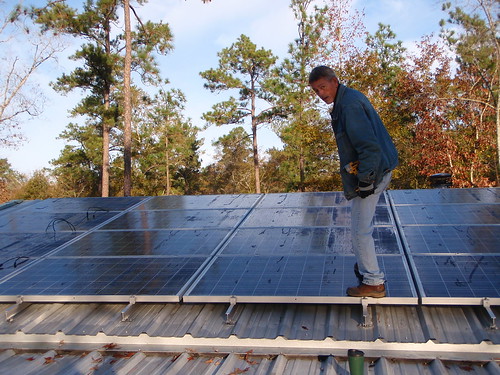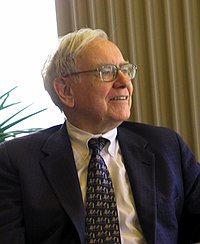Mary Carr Mayle wrote for SavannahNow 27 September 2011, Solar firm establishes energy trust
Two area doctors, co-owners of the Tabby Power Solar Co. in BullochInteresting angle, that: they’re not directly selling the power to the county; they’re using some of their income to buy bonds for the county. And they’re inviting others to do the same:County, have formed the Georgia Energy Trust Fund to direct part of their company’s proceeds to the county.
And, while it will take more than a few generations – some 350 years, in fact – Savannah dermatologist Dr. Sidney P. Smith and Brunswick pathologist Dr. Pat Godbey hope the trust fund will eventually generate enough money to pay all of Bulloch County’s budget and create a prototype other rural Georgia counties can follow.
Initially, the doctors are donating 1.5 percent of the gross receipts from their six-acre solar farm in Pembroke to the trust, which will invest in state bonds for the county. The county will then receive half of the earned interest, with the other half reinvested for the county.
Other county solar installations, both private and public, will be able to contribute to the fund, he said.Will Georgia Power (or somebody) sue? We’ll see!
And they didn’t wait for North Carolina or New Jersey to do it first:
Smith believes the Georgia Energy Trust is the first trust fund of its kind in the country.Sounds like a plan to me!“It will lead to financial independence in the counties in which it is enacted.”
-jsq






 Frequent attendees told me the audience was much larger
than in previous years, and one attributed that to the recent
school consolidation referendum.
Sitting side by side were Chamber Chair Tom Gooding and
FVCS President Sam Allen.
Frequent attendees told me the audience was much larger
than in previous years, and one attributed that to the recent
school consolidation referendum.
Sitting side by side were Chamber Chair Tom Gooding and
FVCS President Sam Allen.
 Jeff Hanson introduced the legislators.
He’s the Chair of the Chamber’s
Jeff Hanson introduced the legislators.
He’s the Chair of the Chamber’s
 “Dr. Z” as Tim Golden called him.
“Dr. Z” as Tim Golden called him.




